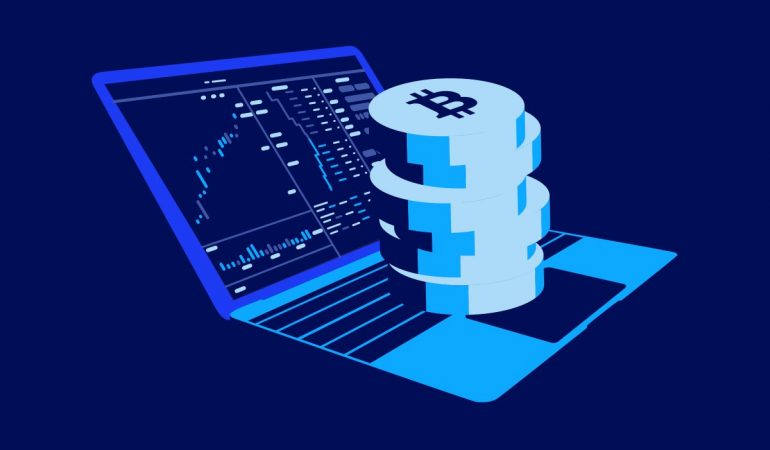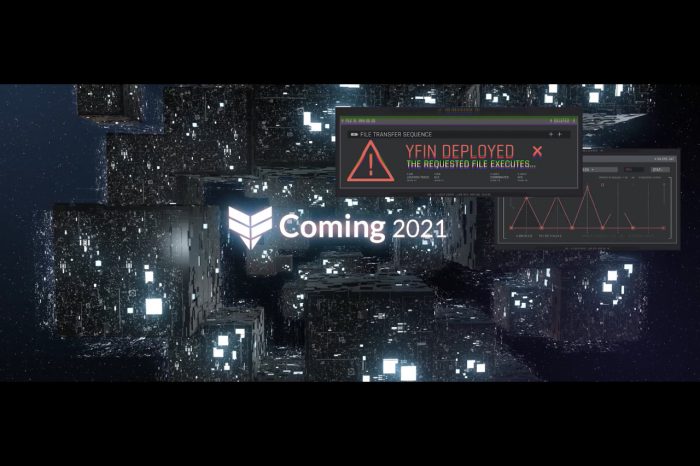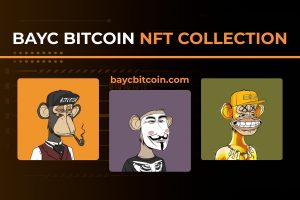2021 Digital Currencies Outlook

The use of cash seems to have its days numbered, at least in the world’s major economies. While digital money has been around for a long time through the electronic money sending solutions provided by traditional banking. The future looks promising for use cases based on Blockchain technology, especially with 2020’s trend of having traditional banking institutions buy into Bitcoin or taking part in pro-crypto investment funds, as is the case with the giant US bank Morgan Stanley.
Bitcoin and decentralized cryptocurrencies are demonstrating their competitive advantages running on the blockchain, as opposed to the traditional financial system such as Alipay or Venmo, for example.
Not to mention the risk of contagion by COVID-19, and the need to reduce physical contact is accelerating the adoption of touchless electronic currencies.
Public and Private Digital Currencies
There are two alternatives for digital currencies: sovereign public digital currencies backed by a central bank – these include cryptocurrencies and digital fiat money called CBDC (central bank digital currency); and private digital cryptocurrencies, such as coins used for payments like Bitcoin and utility tokens like Ethereum and Ripple, that are owned by private entities or individuals.
While private digital currencies like Bitcoin may seem like an attractive option, they face certain limitations such as their low fungibility with respect to other cryptocurrencies, which make it difficult to extend their use beyond a store of value.
In this sense, stablecoins such as USDC, anchored to the US dollar and backed by physical reserves of the fiat currency, offer an ideal solution to address limited cases of Bitcoin such as the micropayment system, combining the best of both worlds: fiat money and cryptocurrencies.
On the other hand, Central Banks use long-standing institutional mechanisms in the financial system to stabilize prices through well-established protocols, in addition to governmental and institutional support, which could lead to the successful mass implementation of their digital currencies called CBDC.
2020 saw the massive printing of institutional money in response to Covid-19’s effect on the economy, and this has done nothing but accelerate the depreciation of traditional currencies, worldwide, to new all time highs.
This has set the stage for the adoption of “CBDC” digital currencies as a solution to current inflation problems through the printing of money without backing, however it doesn’t solve the underlying fundamental problem of circulating a currency backed by a deflationary world reserve. A deeper discussion for another time.
Whatever the case, public or private, the economy is increasingly moving towards a digital world and digital currencies are of course a fundamental pillar in the fourth industrial revolution in process.
Beyond the Financial System
But what about the rest of the sectors that move the economy? As expected, the Blockchain is not only revolutionizing traditional finance, its use has spread to other areas that move billions of dollars a year such as logistics, supply chains, medicine and legal sector to name a few.
Even on the transparent blockchain, all of the above industries will inevitably face transaction disputes.
That is why we are observing interesting proposals to resolve them, such as the one offered by Ava Labs through its Blockchain Avalanche platform, under the modality of Initial Litigation Offering (“ILO”), a blockchain-enabled litigation financing product open to all investors.
Faced with the international border restrictions, accelerated through Covid-19’s lockdowns, and the million dollar losses experienced by all. We live in a world where we are unable to easily resolve our disputes, due to the lack of an efficient remote judicial system.
Paid Network is an example of a blockchain DeFi powered project taking the lead in the application of Blockchain technology combined with DeFi tools, providing a digital currency in the legal dispute market.
PAID Network’s offers its users the ability to present legal terms and conditions to its SMART Agreements, negotiate directly within its ecosystem, and automate the dispute resolution arbitration process through the power of smart contracts, preempting and lowering the legal costs involved in disputing business agreements.
Paid Network provides us a glimpse into the future, breaking ground in the digital currency economy as one of the pioneers in the legaltech industry, showing us what will be possible in 2021 and in the future ahead.
The world we live in is changing, and while currencies and methods of transactions have evolved throughout the centuries, we are on the cusp of experiencing innovation as we have never seen before.
Discuss this news on our Telegram Community. Subscribe to us on Google news and do follow us on Twitter @Blockmanity
Did you like the news you just read? Please leave a feedback to help us serve you better
Disclaimer: Blockmanity is a news portal and does not provide any financial advice. Blockmanity's role is to inform the cryptocurrency and blockchain community about what's going on in this space. Please do your own due diligence before making any investment. Blockmanity won't be responsible for any loss of funds.














